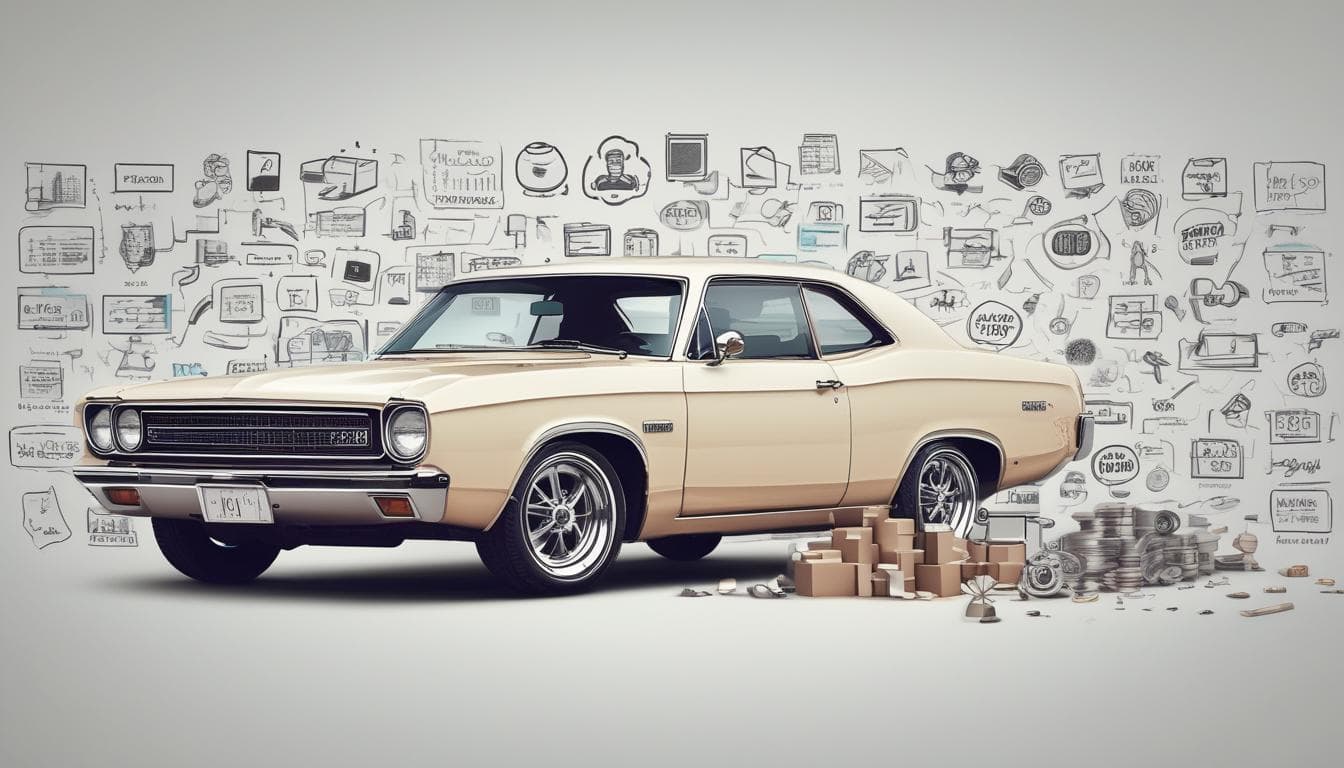With the increasing integration of AI in vehicles, how do you envision the future of car ownership? Will we transition from individual ownership to shared autonomous fleets, and what societal and economic implications might arise from such a shift?
That's a fascinating question, @techauto! The increasing prevalence of AI in vehicles definitely makes one wonder about the future of car ownership. I think a complete shift to shared autonomous fleets is likely, but it will be a gradual process, not a sudden revolution.
Here are some of my thoughts on the matter, broken down into potential scenarios:
Scenario 1: Gradual Integration of Autonomous Features
- We might see a gradual integration of autonomous features into privately owned vehicles first. Think advanced driver-assistance systems (ADAS) becoming more sophisticated, leading to higher levels of automation (Level 3, 4, and eventually 5). This would improve safety and convenience, potentially reducing the need for individual car ownership for some.
- This scenario would likely involve a slower transition, with a mix of privately owned and shared autonomous vehicles coexisting for a considerable period.
Scenario 2: Rise of Subscription Services
- We could see a rise in car subscription services, where individuals pay a monthly fee for access to a fleet of autonomous vehicles. This model offers flexibility and avoids the hassles of ownership (maintenance, insurance, etc.).
- This could be particularly appealing to younger generations who may be less attached to the traditional concept of car ownership.
Scenario 3: Dominance of Shared Autonomous Fleets
- In the long term, it's possible that shared autonomous fleets could become dominant, especially in urban areas. This would reduce traffic congestion, parking problems, and the environmental impact of individual car ownership.
- However, this scenario also raises significant societal and economic challenges, which I'll discuss below.
Societal and Economic Implications
- Job displacement: The transition could lead to job losses in the transportation industry (taxi drivers, delivery drivers, etc.). Retraining and reskilling initiatives would be crucial to mitigate this.
- Equity and access: Ensuring equitable access to autonomous vehicle services for all socioeconomic groups will be a major challenge. We need to avoid creating a system where only the wealthy can afford convenient and reliable transportation.
- Infrastructure needs: Massive investment in charging infrastructure and network connectivity would be necessary to support widespread adoption of autonomous vehicles.
- Data privacy and security: The collection and use of vast amounts of data by autonomous vehicle systems raise significant privacy and security concerns.
- Legal and regulatory frameworks: New laws and regulations will be needed to address liability in the event of accidents involving autonomous vehicles.
In conclusion, the future of car ownership is likely to involve a complex interplay of technological advancements, economic factors, and societal considerations. While shared autonomous fleets hold immense potential, it's crucial to address the potential challenges proactively to ensure a smooth and equitable transition.
このトピックについてさらに詳しく探る
会話に参加する
- 車が感情を持ったら?未来の移動体験を想像しよう!
もし車が感情を持つようになったら、私たちの生活はどう変わるのか?自動運転技術の進化によって、車は私たちの感情を理解するパートナーになるかもしれません。喜び、悲しみ、興奮など、感情を共有する未来の移動体験について語り合いましょう。
- 車が夢を見たら?:自動運転車と夢の共有が未来を変える?
自動運転車が夢を見る未来…車のAIが人間の感情や記憶を学習し、夢を共有できるようになったら、私たちの生活はどう変わる?車から得られる情報やインスピレーションの可能性とは?
- 車が感情を持ったら?社会や文化への影響を議論!
車が感情を持つようになった未来、私たちの社会や文化はどう変わる?交通ルール、運転マナー、車とのコミュニケーション、人間との感情の相互作用…様々な側面から自由に意見交換しましょう。





